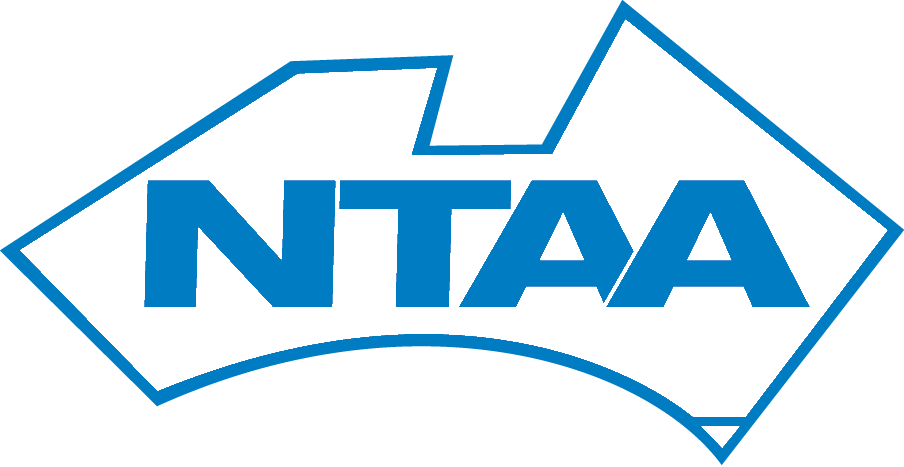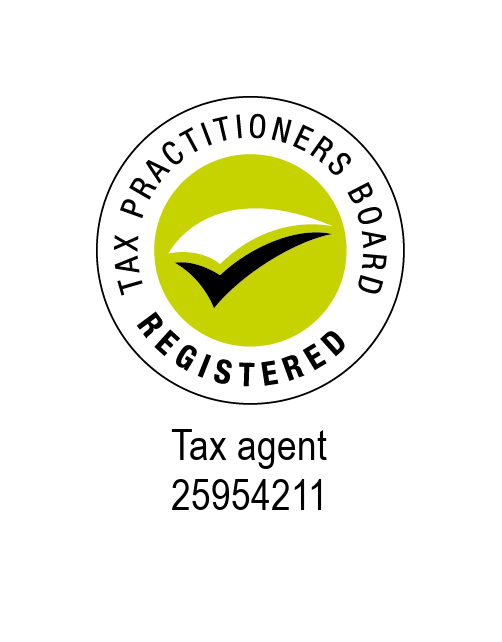As seen in Woopi News April 2024
To barter or trade products or services may seem like a good idea at first, but there is a minefield of reasons why business owners should avoid bartering.
When you barter or trade, as a business owner you still need to record these transactions at their retail or market value and the process of doing this becomes quite tedious without the bank transaction, invoice, or receipt. If no record of the transaction is kept, how do you later record them? If not recorded, barter is bad for your bottom line and the overall health of your business, as vital information is missing from your financial reports which can be time-consuming to fix and if not fixed could lead to a benchmark audit with the ATO.
Here’s an example: Let’s say the refrigeration mechanic barters with the butcher. The mechanic’s income is taxable, but the meat is likely to be private in nature. If this isn’t recorded in either business’s books, then the mechanic hasn’t declared income but has probably claimed the costs associated with doing the job. The butcher may think well the meat is income, and the repair costs are deductible, so they just offset each other. No not really, the butcher may miss out on claiming the GST on the repairs presuming the mechanic is registered. The butcher will include the cost of the meat but has not declared the sale. If done on a larger scale, it will look like the butcher is not declaring his cash sales, as his meat costs are high in ratio to his sales, and this can lead to possible benchmark audits.
Stasha Dunn - StaySharp Accounting
“Liability Limited by a scheme approved under Professional Standards Legislation”









